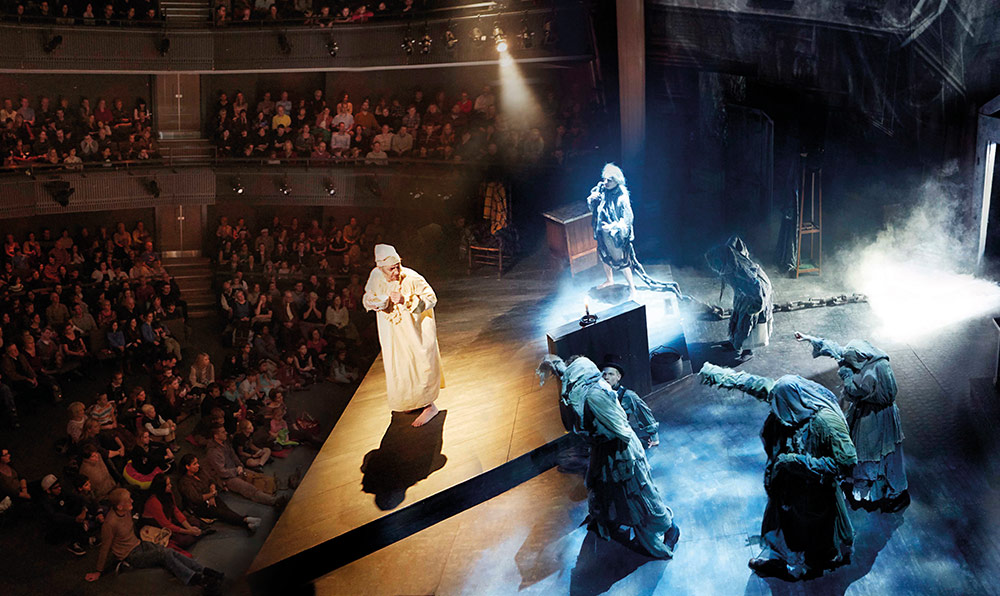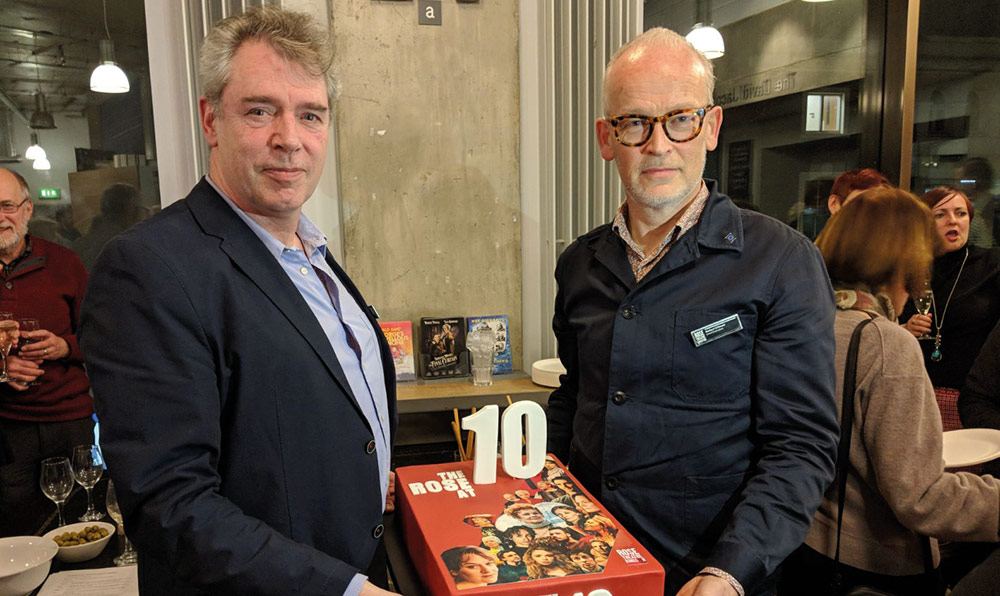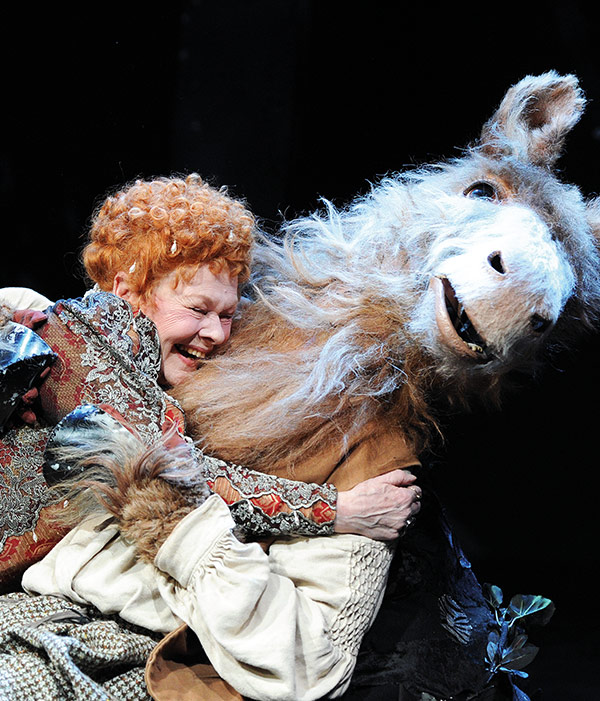
Cultural treasure
On the Rose’s tenth anniversary, we speak to Jerry Gunn, executive producer, about the theatre’s rise…
Th Rose Theatre Kingston has been marking its tenth anniversary in style, what have been the highlights? Hogarth’s Progress: two brilliant plays – one revival and one new play (a world premiere), set 30 years apart and both written by Nick Dear, who wrote Danny Boyle’s smash hit adaptation Frankenstein at the National. We assembled an astonishing cast to take us into the artist’s world: Bryan Dick played the younger Hogarth in The Art of Success, and Keith Allen returned to the Rose playing Hogarth towards the end of his career in The Taste of the Town. I was also excited about the Israeli director Gadi Roll’s production of Schiller’s romantic thriller Don Carlos, with his collaborator, the actor Tom Burke, who starred as the Marquis de Posa.

As you look back on ten years of the Rose, what has surprised you the most?
Although our ambitions at the very beginning of the Rose project were for the theatre to be a full time producing theatre, the funding available when we opened was not at the level required to do that so we managed to produce just one or two productions a year for the first few years and we received touring work during the rest of our seasons. In just ten years we are now producing eight shows per year and there isn’t much space in the programme to present visitors’ work, except for some of the children’s shows in the school holidays.
Clearly, the theatre is hugely successful now, and is embedded into the community, but it was a tough start, wasn’t it?
I started at the Rose in September 2006 as general manager and at that time there was a lot of negative local press surrounding the theatre. Many people just couldn’t see the need, but at that time Kingston was pretty soulless; a shopping magnet during the day and a busy nightclubbing destination at night. It didn’t have a cultural heart and in the evenings it was a bit like the Wild West! So it took a lot of convincing people that a cultural hub in the community could be beneficial to the borough and beyond. That feels a long time ago now but it was a dark time.
“The Rose is a unique theatre. Despite having a capacity of just under 900, the main auditorium is very intimate, meaning you are never very far away from the action on stage.”
What have been the biggest highlights over the last ten years?
I think the biggest highlight for the theatre must be A Midsummer Night’s Dream, directed by Peter Hall and starring Judi Dench and a fabulous cast including Charles Edwards, Oliver Chris, Rachael Stirling and James Laurenson. It was a great production and a huge event which put us firmly on the map back in 2010 and a lot has been said about it since.

What do you think the secrets of the theatre’s success are?
The Rose is a unique theatre. Despite having a capacity of just under 900, the main auditorium is very intimate, meaning you are never very far away from the action on stage. It’s a versatile space too. We are capable of presenting work in various ways and we can extend our stage out into the auditorium, and present theatre in the round. The Rose doesn’t run under the control of an artistic director currently and therefore we present a wider variety of work.
What do you hope the next ten years will have in store?
Most immediately we are changing the Pit area of the auditorium in January so that the audience has a more comfortable and much better view and experience. I think that will make the Rose more interesting to directors that have yet to work at the Rose. I am having very interesting conversations with all kinds of people in the industry about future projects. I also think we will use our other spaces more and more. We are engaging more with Kingston University and I think that relationship will continue to gain strength.






